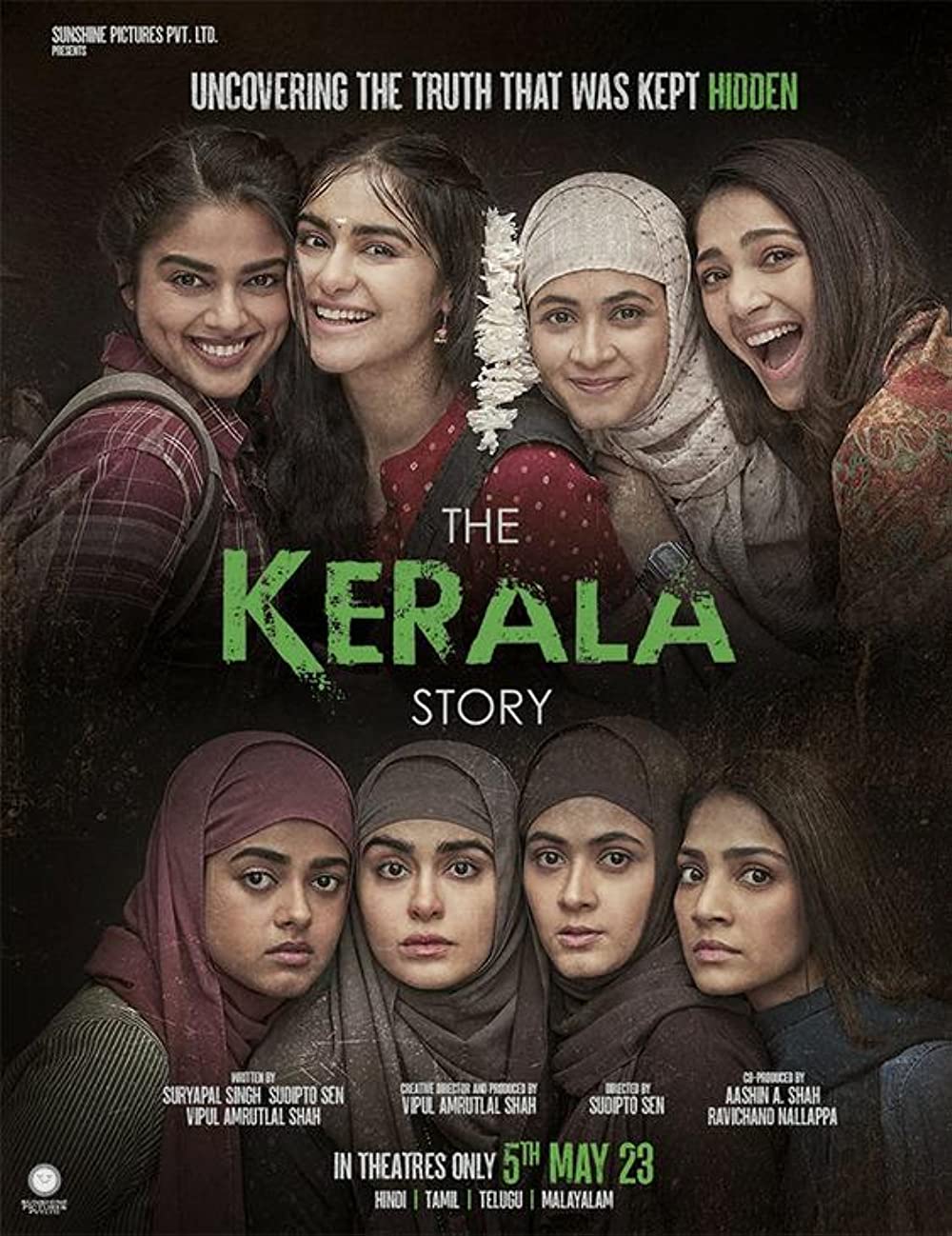
The Supreme Court on Thursday said West Bengal’s ‘ban’ on showing the controversial film ‘The Kerala Story’ is ‘untenable’, and ordered a stay of a West Bengal government order banning the screening of the film in the state, Live Law reported.
CM Mamata Banerjee had imposed a ban on the controversial film citing law and order issues in the state. The ban brewed a national political storm.
A bench headed by Chief Justice DY Chandrachud said: “The State of WB has issued under Section 6(1) r/w the proviso of the West Bengal Film Regulation Act 1954 prohibited the screening of the film in the state of WB.”
“The ban by West Bengal is not tenable. The order of the additional secretary of the World Bank will remain suspended,” the CJI added.
The apex court was hearing appeal with the film’s producer challenging the ban on its screening in West Bengal and the decision of Tamil Nadu theater owners not to show the film in the state while journalist Qurban Ali challenged the Kerala High Court order refusing to stay the release of the film.
The Mamata Banerjee-led TMC government in the state had on May 9 announced a ban on the film in the state in consideration of the law and order situation, and to ‘maintain peace’ and avoid incidents. of crime and violence. “The Kerala Story,” starring Adah Sharma, hit theaters on May 5. Directed by Sudipto Sen, the film claims to show the true stories of young women of Kerala who were forced to convert to Islam and recruited by the Islamic State terrorist group. (EAST).
The film earlier claimed that over 32,000 women had been victimized, but when asked about the figure, the number was changed to three.
As some states opposed the film, stopping short of banning it, some BJP-led states made the film tax-free, including Uttar Pradesh, Madhya Pradesh, and Haryana.
The Supreme Court said it was the duty of the state government to maintain law and order as the film was certified by the Central Board of Film Certification (CBFC).
“Bad movies bombard the box office,” the bench said, adding, “The legal provision cannot be used to give a bounty to public intolerance. Otherwise, all movies will end up in this place,” a said the bench, which also consists of judges P S Narasimha and J B Pardiwala, during the hearing which is still ongoing, PTI reported.
Also, CJI Chandrachud told lead attorney Harish Salve, appearing for the film’s producer, that there must be a proper disclaimer in the film.
“The disclaimer must state that there is no authentic data to support the suggestion that the conversions figure is 32,000 or any other established figure,” Salve said, as reported by Live Law.
To this, the CJI replied, “The disclaimer should say it’s fictional.”
